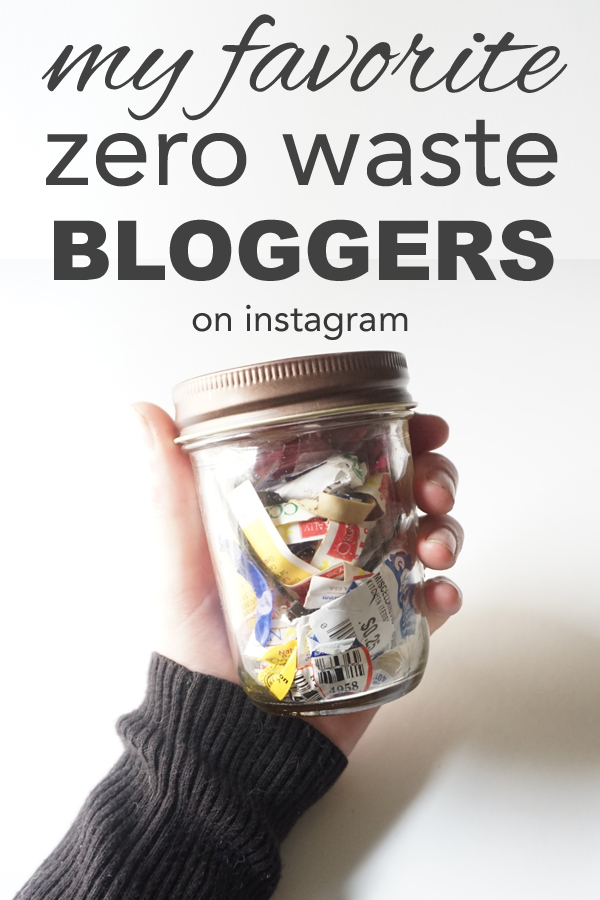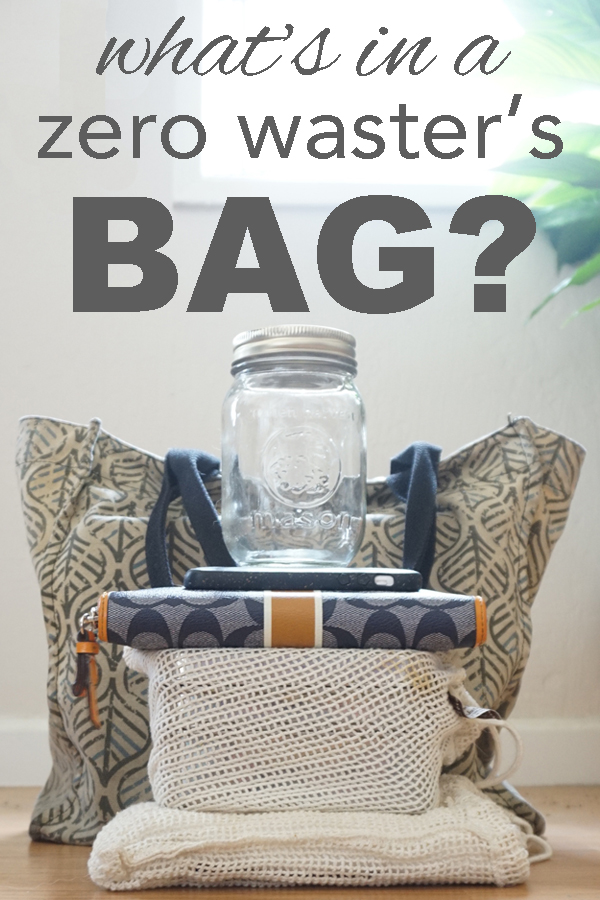I haven't talked a lot about fast fashion on this blog. I would like to change that. I had an 18 piece wardrobe experiment, but I've been long overdue for an update.
A wardrobe update is coming soon (I promise!), but I'm working on refining my style right now. Hopefully, I'll be coming out with a full post soon. In the meantime, I hope you enjoy my latest trip the thrift store!
I got a lot of really great basics, that I'm super excited to share with you. I think buying second hand is the most sustainable way to participate in the fashion industry.
The fashion industry is enormous! It is worth more than 2.5 trillion dollars, and it is responsible for so much waste. Retailers now have 52 micro-seasons. Basically a season each week.
The goal is to make you feel like you're out of fashion the moment you wear something. They want to consistently make you feel inadequate. To make you feel like you're less of a person because you're not "hip."
I watched the documentary the true cost and it enlightened so many things for me. I would highly recommend it. It is on Netflix now. I don't particularly enjoy watching documentaries of this nature because they can depress me for days.
If you feel similarly, I have outlined quite a bit of what the documentary talks about. We can solve this by shopping second hand first, by supporting sustainable brands, and finding contentment in what we already own.
We can help stop this madness by learning small sewing techniques. Just being able to sew on a button. Or learning where you local tailor is so they can sew on a button!
We need to put value back into our belongings. We need to realize, that what we own is valuable. Everything we have comes at a cost. Not just a monetary cost to us, but at a cost to others as well.
“The True Cost” is a documentary that examines the impact fashion has on people and the planet.
A friend recommended I watch it. I expected a barrage of interesting facts and an in-depth look into the fashion process. I did not prepare myself for the onslaught of tears and anger I felt.
None of the pictures in this post are mine. They are all credited to The True Cost.
It’s a very powerful film, but something you should watch. You can rent or buy it here. It’s difficult seeing what we’ve created; what I’ve created.
Every time we buy one of these products we’re saying this is OK. We're saying, please make more of this. Please, continue.
People are suffering and dying in every chain of the process. Monsanto sells GMO cotton seeds to poor farmers. As they try to pay it back, they’re forced to buy new patented seeds and pesticides each year causing them to go deeper and deeper in debt.
The suicide rate is the highest in the world. The dirt has become so full of pesticides and chemicals the cotton plants can’t grow. The pesticides have even affected the population. 80% of the babies in the region are born with severe physical and mental disabilities. Most families don’t have the money to treat them.
The cotton is laced with pesticides and chemicals, then it goes through a larger chemical process to turn it into cheap fabric. The fabric is then sewn by slave labor in hot, unventilated warehouses causing fires, sickness, and even death.
The leftover fabric is discarded to sit in a landfill, which they don't have the proper infrastructure to maintain. When it rains, the saturated fabric drips all of those chemicals into drinking water, the ocean, and onto the soil. It is making large areas uninhabitable.
Polluted water from the chemicals involved in the fashion industry.
Scraps of clothes sitting in landfills.
I assumed culprits were low-end quality stores like H&M and Forever 21. But, no. It’s high-end designers too like my favorite designer Lacoste. Let's just say I will never buy anything Lacoste ever again.
I buy mostly second hand. But if I have to buy something new, I will only shop sustainable. Here’s a list of some awesome sustainable brands.
The garment factory collapse killing more than a thousand factory workers in Bangladesh.
The good news is, we can easily fix this problem! We need raise awareness on the dangers of fast fashion and make thrifting and consignment totally normal. We should always think second hand first!
Do you shop second hand? Are there any sustainable brands you like and support?

















